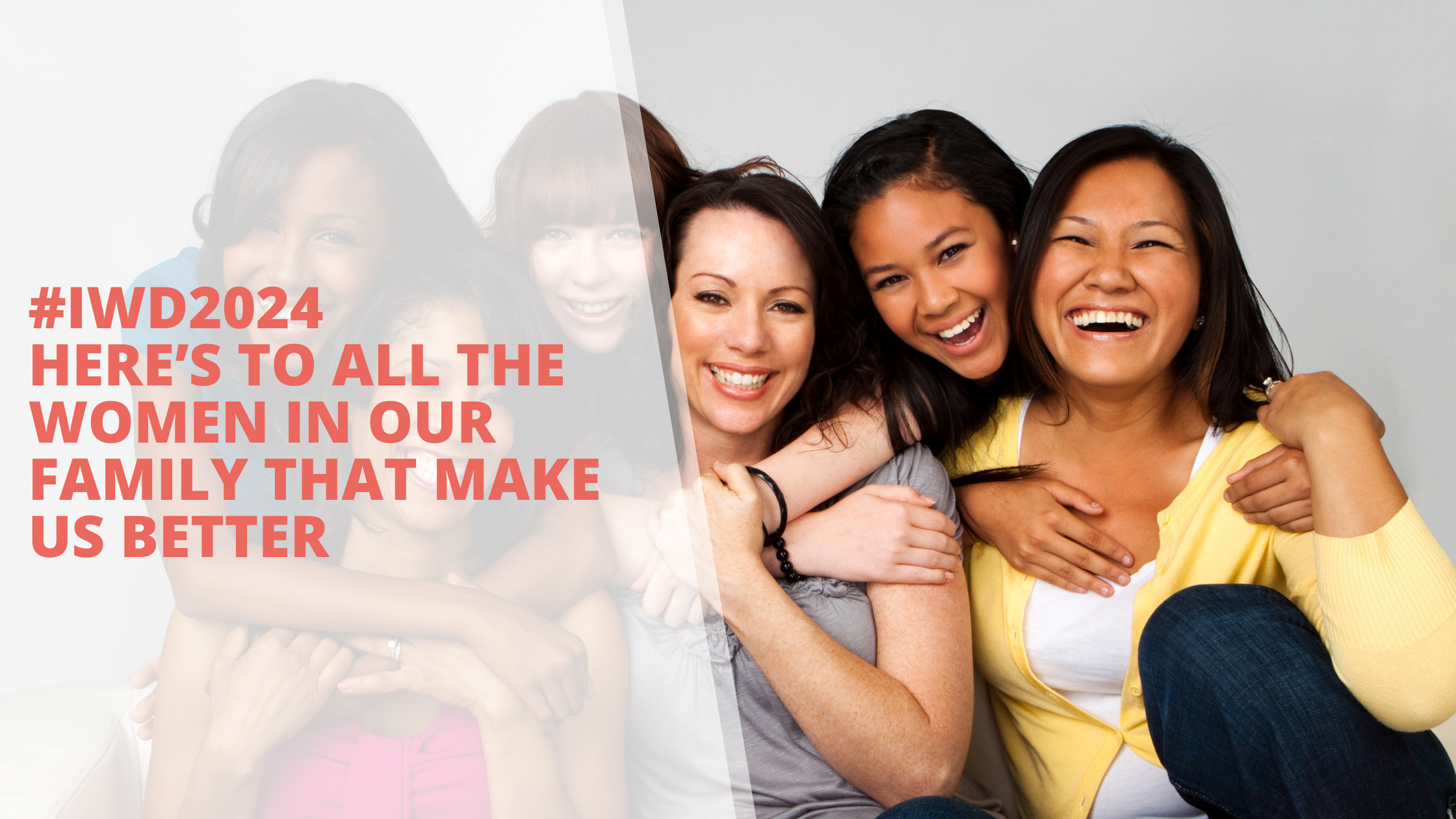
Today isn’t just any ordinary day—it’s International Women’s Day, a global celebration of the incredible contributions and resilience of women everywhere. While it’s a moment to honor the trailblazers who have shaped history, let’s not forget the unsung heroes who make our daily lives extraordinary—the mothers, wives, grandmas, partners, daughters, and sisters who fill our homes with love and strength.
As the founder of The Table Talk Project, I’m passionate about sparking meaningful conversations and bridging gaps, especially within our own families. So, let’s turn tonight’s dinner into more than just a meal. Here’s how we can make it an empowering tribute to the women in our lives and a chance to address any gender disparities that may exist at home:
First off, why not turn cooking into a team effort? Invite everyone to lend a hand in the kitchen or surprise the women in the household with a well-deserved night off while you prepare their favorite meal.
Once dinner is served, let’s make space for their voices to be heard. Encourage them to share their stories, their triumphs, and the wisdom they’ve gained along the way. Take the time to truly listen and understand.
After the heartfelt conversations, don’t rush to clear the table. Indulge in dessert and take a moment to check in with each other, ensuring that everyone feels valued and respected.
And finally, let’s give the women in our home the chance to decide how they’d like to spend the rest of the evening. Whether it’s a movie night, a game, or simply more conversation, prioritize their preferences and enjoy the time together.
Reflecting on our family dynamics, it’s essential to ask ourselves some important questions and take action where needed. Here are a few prompts to help identify and address any gender disparities within our own homes:
- Division of Household Chores:
- Are household chores divided equally between all family members regardless of gender?
- Do certain tasks tend to be assigned based on traditional gender roles?
- Action: Create a chore chart where tasks are rotated regularly among all family members to ensure fairness.
- Decision Making and Participation:
- Are all family members, regardless of gender, involved in decision-making processes?
- Are there certain activities or decisions where one gender tends to dominate?
- Action: Encourage open discussions and ensure that everyone’s voice is heard during family meetings or when making decisions.
- Education and Career Aspirations:
- Are there any disparities in the encouragement and support given to family members based on their gender regarding education and career aspirations?
- Do family members have equal access to resources and opportunities for personal growth and development?
- Action: Foster an environment where all interests and aspirations are supported equally, regardless of gender, and provide resources and guidance accordingly.
- Communication Patterns:
- Do communication patterns within the family differ based on gender?
- Are there any instances where one gender tends to dominate conversations or is interrupted more frequently?
- Action: Be mindful of communication dynamics and encourage everyone to actively listen and respectfully engage in conversations.
- Financial Responsibilities:
- Are financial responsibilities distributed equally among family members regardless of gender?
- Are there any disparities in financial decision-making power?
- Action: Discuss and openly communicate about financial matters within the family, ensuring that everyone has an equal say in financial decisions.
- Parenting and Caregiving Responsibilities:
- Are parenting and caregiving responsibilities shared equally between parents or caregivers?
- Do traditional gender roles influence caregiving duties?
- Action: Share caregiving responsibilities equitably, including tasks such as childcare, eldercare, and household management.
- Encouraging Gender Equality:
- Are there discussions within the family about gender equality, stereotypes, and biases?
- Are efforts made to challenge and address any gender-based discrimination or stereotypes?
- Action: Have open conversations about gender equality, challenge stereotypes, and promote respect and understanding for all individuals regardless of gender.
Regularly assessing these aspects of family life and taking proactive steps to address any identified gender gaps can help promote a more equitable and inclusive environment within your home.
I would love to hear about your experience tonight as you honour the women in your household. I’d love to hear about the discussion and any changes that you think you should make as a result.
Please email neil@thetabletalkproject.org
Here’s to the women in our homes that make our lives better. Thanks so much for everything!

